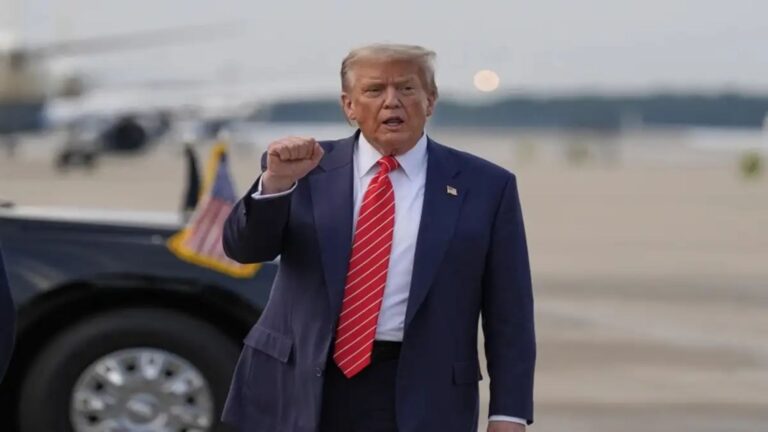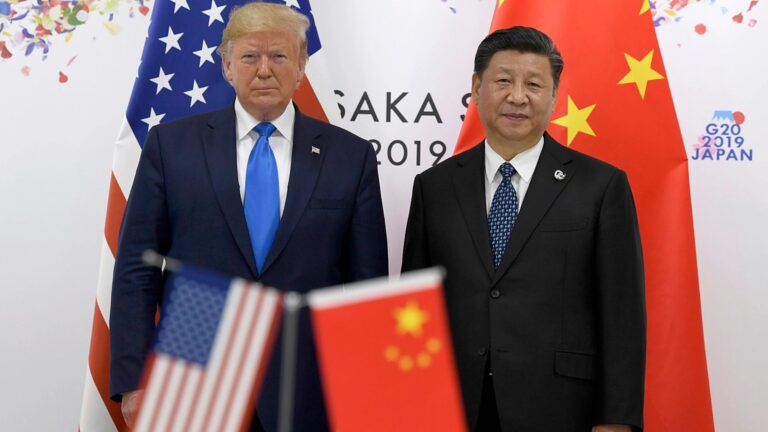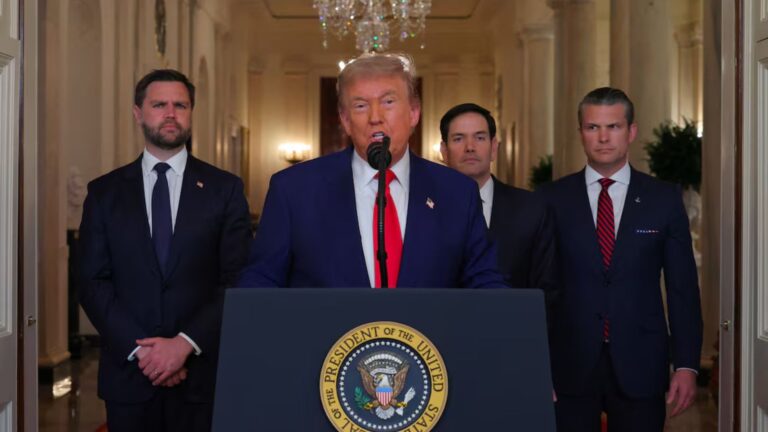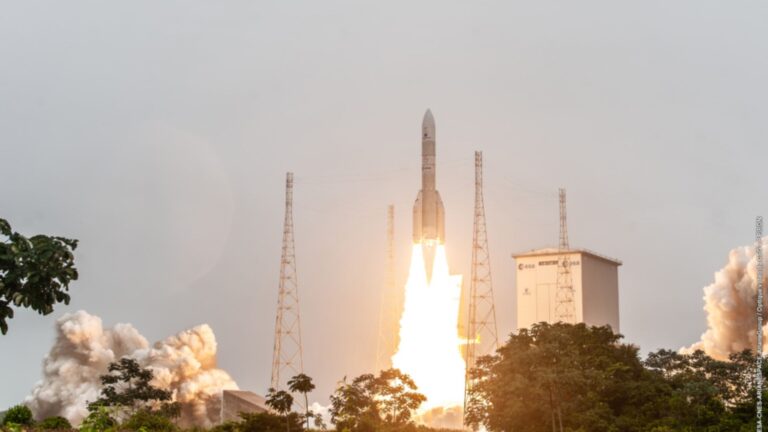
Indian Prime Minister Narendra Modi and U.S. Vice President JD Vance lauded the advancement of ongoing trade discussions during a meeting held in New Delhi on Monday, highlighting a shared commitment to deepening economic and strategic ties between the two nations.
Vice President Vance, accompanied by second lady Usha Vance and their family, is on a predominantly personal visit to India. Despite the informal nature of the trip, the meeting with Modi marked a significant diplomatic moment, as both leaders acknowledged the “notable progress” being made in negotiations aimed at establishing a comprehensive India-U.S. Bilateral Trade Agreement.
In an official statement, the Prime Minister’s Office confirmed that Modi and Vance reviewed developments across various domains of cooperation, including defense, energy, and strategic technologies. They also exchanged views on a range of regional and global challenges, reaffirming their joint preference for dialogue and diplomacy as tools for resolving international issues.
The recent imposition of a 26% reciprocal tariff on Indian exports to the United States, effective April 2, had added a layer of complexity to the relationship. However, U.S. President Donald Trump suspended these levies for 90 days starting April 9, leaving a reduced 10% tariff in place temporarily.
U.S. Trade Representative Jamieson Greer also weighed in on the ongoing discussions, stating that both governments have “finalized the terms of reference to lay down a roadmap for the negotiations on reciprocal trade.” Greer acknowledged the perceived imbalance in trade relations, remarking that there is “a serious lack of reciprocity,” but welcomed India’s willingness to engage constructively.
Earlier this year, Prime Minister Modi and President Trump agreed on an ambitious target to more than double the value of bilateral trade to $500 billion by the year 2030. As of 2024, U.S. goods trade with India stands at an estimated $129 billion, with India maintaining a trade surplus of $45.7 billion.
The recent talks signal continued momentum toward a more balanced and mutually beneficial economic relationship, with both nations aiming to unlock new opportunities for their workers, businesses, and economies.





